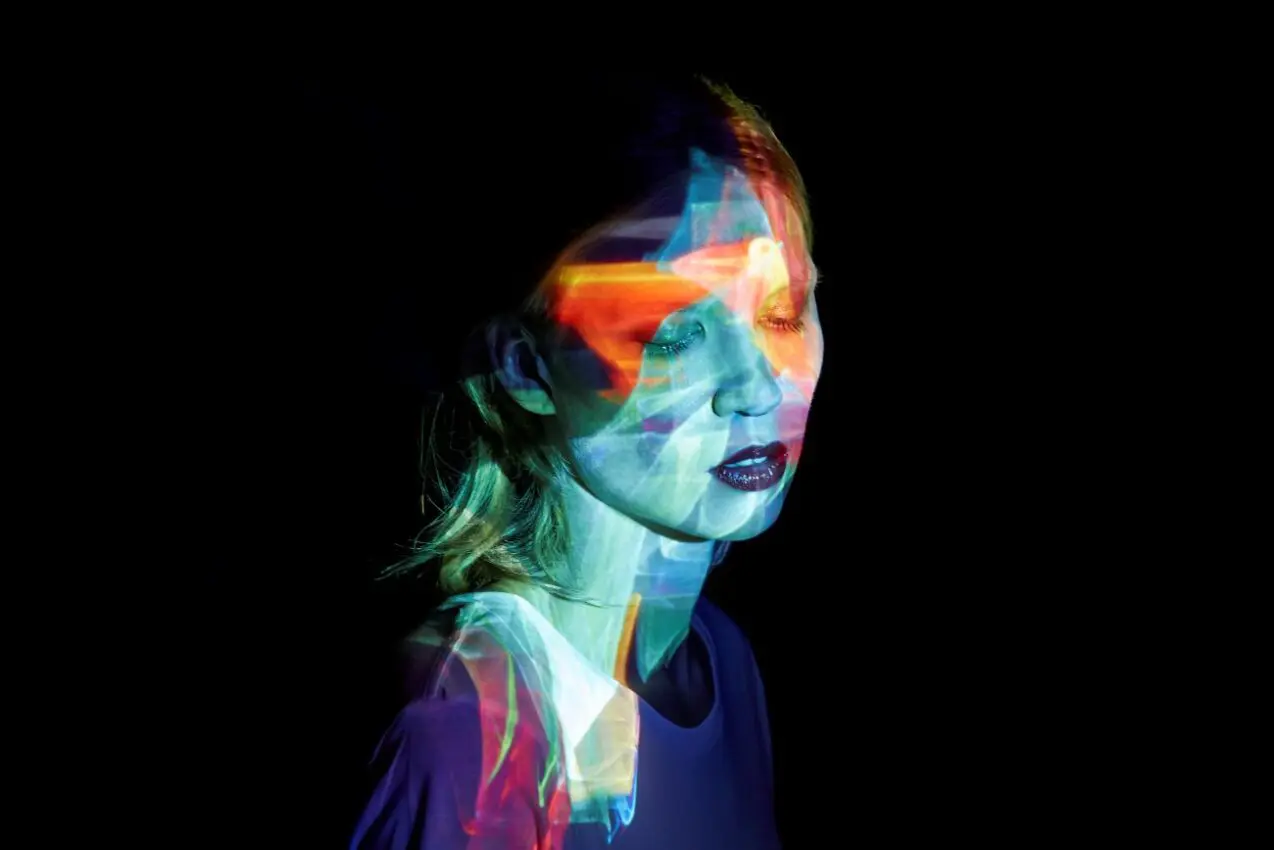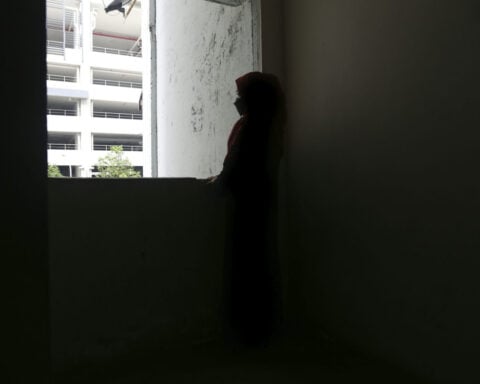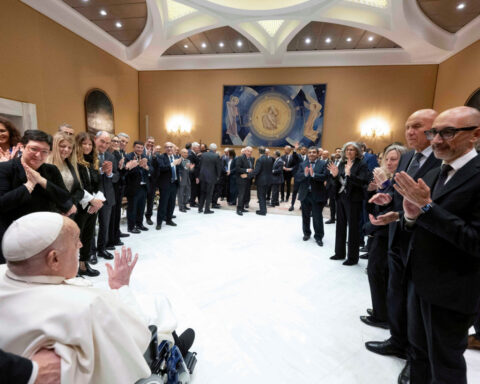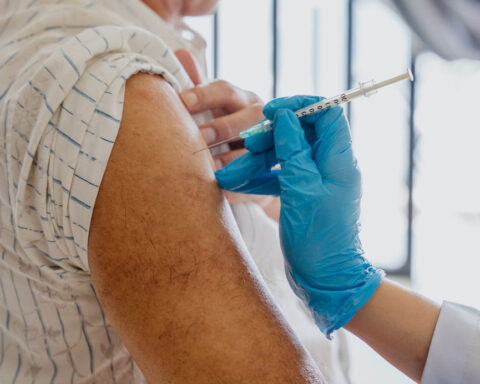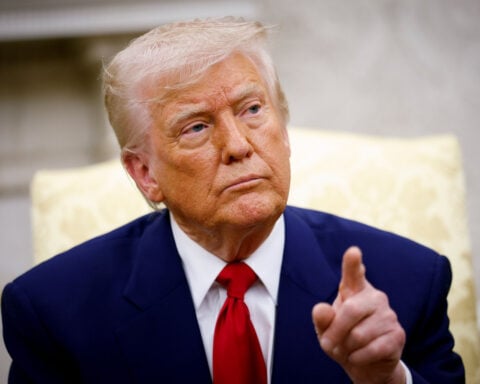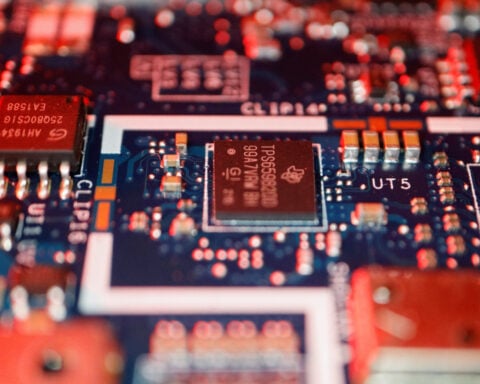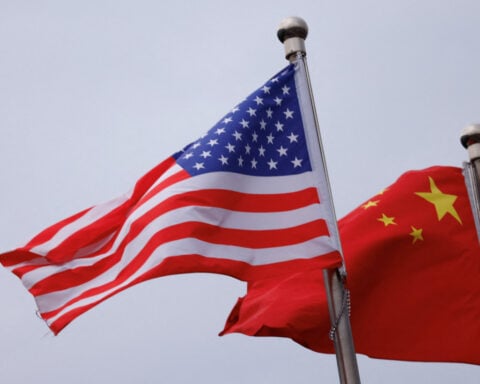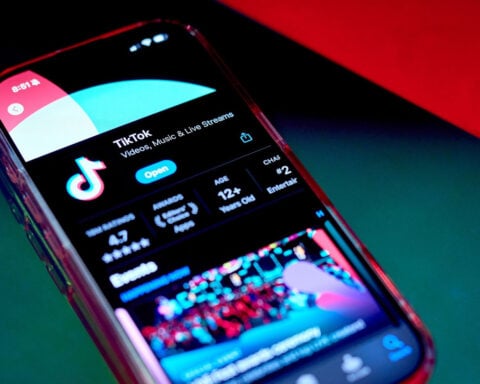New research reveals a growing disconnect between digital connectivity and genuine social interaction. Half of surveyed teenagers report no real-time social contact during hourly check-ins despite having access to numerous communication platforms.
The findings emerge from a Harvard study led by researcher Laura Marciano, who tracked 500 teenagers' social interactions over several weeks during summer break. The research adds to mounting evidence of technology's complex role in loneliness and isolation—in 2023, U.S. Surgeon General Vivek Murthy declared loneliness an epidemic.
While technology in itself may not directly cause loneliness, researchers identified three key behavioral patterns linking digital habits with social isolation: social comparison on platforms like Instagram, over-reliance on text messaging at the expense of richer communication methods, and excessive consumption of streaming content.
The Harvard study, which recruited participants through Instagram influencers, required teens to complete questionnaires three times daily about their social interactions. Over 50 percent consistently reported having no interpersonal contact, either online or in person, within the previous hour.
"It's hard to know who's being real online, and it's hard for people to be themselves online, and that is a recipe for loneliness," Murthy said in an interview. His declaration of a loneliness epidemic followed an extensive review of scientific literature and discussions with college students.
The research comes as Americans report unprecedented levels of social isolation. One in two adults experiences loneliness, defined as physiological distress resulting from social isolation. This represents a marked decline in social connection compared to two decades ago, with fewer close friendships and weakened community ties.
Social media platforms have drawn particular scrutiny for their impact on mental health. Chia-chen Yang, professor of educational psychology at Oklahoma State University, conducted a 2018 study of nearly 220 college freshmen examining their social media experiences. The research distinguished between beneficial and harmful forms of social comparison.
Yang's study found that interactions causing the most distress involved judgmental comparisons evoking envy, where users viewed others as more popular, having more enjoyment, or appearing more attractive. Conversely, posts sharing useful information, such as scholarship opportunities or practical advice, generated more positive responses.
"I don't have to see other people as enemies — I can see them as informants in my life," Yang said, noting that constructive comparisons can yield positive outcomes.
Meta, the parent company of Instagram and Facebook, has implemented features allowing users to hide engagement metrics. Users can access these controls through the app's settings under "What you see" and "Like and share counts." A company spokeswoman referenced a statement from Instagram head Adam Mosseri acknowledging mixed user responses to these changes.
"Not seeing like counts was beneficial for some and annoying to others, particularly because people use like counts to get a sense for what's trending or popular, so we're giving you the choice," Mosseri said.
The Harvard research also highlighted potential drawbacks of text messaging, despite its status as the predominant communication method among teenagers. While digital communications generally correlated with positive mental health outcomes, researchers found that text-only interactions often failed to convey authentic connection.
Marciano's study revealed that just 2 percent of surveyed teens used video calls, even as they reported feeling most connected when sharing what they called "the same vibe" with others. The research noted that delayed responses to messages often triggered anxiety and feelings of isolation among participants.
"How can you feel on the same frequency with someone if you don't communicate properly?" Marciano asked.
Murthy noted the evolution of birthday greetings as an example of diminishing social connection, describing a progression from phone calls to Facebook wall posts to abbreviated text messages reading "HBD."
"I can't underscore just how powerful it is to have a few moments of authentic interaction with somebody where you can hear their voice and see their face," he said, adding, "There is tremendous benefit that comes to each of us from being able to show up for each other."
The research also examined links between streaming media consumption and loneliness. A review of multiple studies found correlations between binge-watching and various mental health challenges, including depression, anxiety, and loneliness.
Dr. Marc Potenza, professor and addiction expert at Yale University who contributed to the review, emphasized that platforms like TikTok and Instagram Reels encourage similar patterns of endless content consumption as traditional streaming services like Netflix.
The review suggested that individuals experiencing mental health difficulties might turn to binge-watching as a coping mechanism, potentially creating a cycle that limits real-world social interaction. Netflix offers controls to turn off autoplay features through profile settings, while social media platforms provide screen-time management tools.
These platform features, however, often prove ineffective as users can easily dismiss reminders about usage time. Meta and TikTok representatives stated their platforms include automatic screen-time limits for teenage users. Netflix declined to comment on the findings regarding binge-watching.
Social scientist Emily Weinstein, who studies teenage technology use, noted that the relationship between technology and loneliness continues to evolve. Her research has identified new sources of social anxiety, such as teenagers feeling distressed over receiving fewer emoji reactions than their peers on social media posts.
Weinstein also highlighted emerging concerns about artificial intelligence chatbots replacing human connections, citing teenagers who prefer AI companions over potentially judgmental human interactions.
"Teens are telling us things like, ''That robot actually listens to me — people are mean and judge you, but gen A.I. tools do not,'' Weinstein said. "I'm wondering what that's going to look like."
During campus visits last year, Murthy observed the impact of technology on college social dynamics, noting unusually quiet dining halls filled with students focused on their phones. He recalled a particularly telling conversation with a University of Washington student about changing social norms.
"He said, 'It's not the culture for people to talk to each other anymore, so how are we supposed to connect?' Murthy recounted. The student felt that initiating casual greetings had become socially awkward as peers remained absorbed in their devices.
"His point was that even when you're walking to class, everyone is occupied, but then they're looking at their phone. It feels intrusive to say hello to someone," Murthy said.

 Trump has begun another trade war. Here's a timeline of how we got here
Trump has begun another trade war. Here's a timeline of how we got here
 Canada's leader laments lost friendship with US in town that sheltered stranded Americans after 9/11
Canada's leader laments lost friendship with US in town that sheltered stranded Americans after 9/11
 Chinese EV giant BYD's fourth-quarter profit leaps 73%
Chinese EV giant BYD's fourth-quarter profit leaps 73%
 You're an American in another land? Prepare to talk about the why and how of Trump 2.0
You're an American in another land? Prepare to talk about the why and how of Trump 2.0
 Chalk talk: Star power, top teams and No. 5 seeds headline the women's March Madness Sweet 16
Chalk talk: Star power, top teams and No. 5 seeds headline the women's March Madness Sweet 16
 Purdue returns to Sweet 16 with 76-62 win over McNeese in March Madness
Purdue returns to Sweet 16 with 76-62 win over McNeese in March Madness
